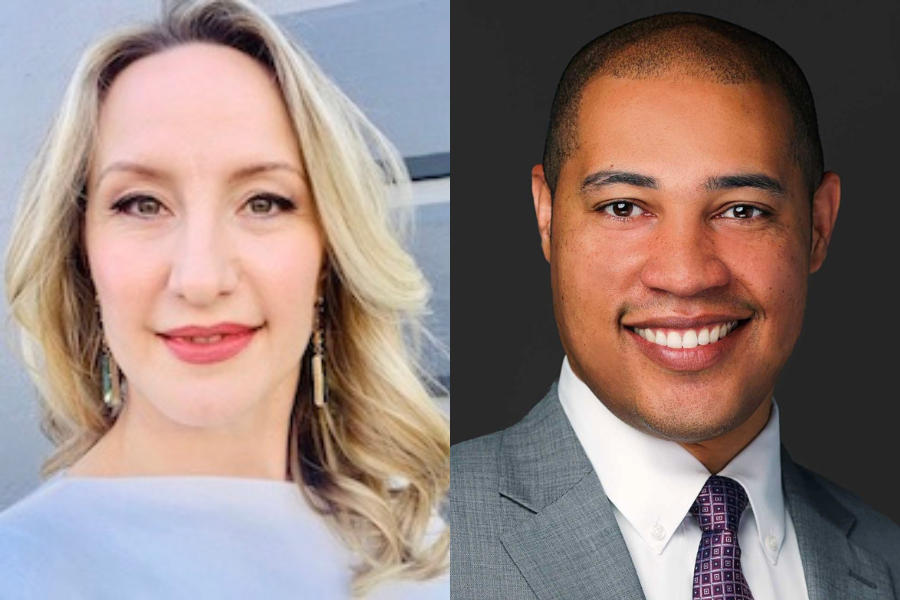

Even as the notion of phased retirement has become a norm, more people than ever are saying that they don’t plan to work past the age of 62.
Data published this month from the Federal Reserve Bank of New York’s Survey of Consumer Expectations show that just under 46 percent of people expect to work past 62, while over 31 percent think they will remain at jobs past 67. By comparison, figures from the survey published in November 2016 were 58 percent and nearly 39 percent, respectively.
The reality of that goal is questionable for many, though, as the proportion of workers older than 65 has been rising. Figures this week from the Employee Benefit Research Institute show that of the workforce population 55 and up, nearly 30 percent were 65 or older in 2023, up from 23 percent in 2000.
Separate survey data earlier this month from Allianz show that nearly half, 47 percent, of Americans say that their view of retirement is “a slow transition away from full-time work” rather than an abrupt exit from it. Another 38 percent see it as an immediate stop to work, while 15 percent said they don’t envision a future in which they can reduce their working hours or retire.
In emails to InvestmentNews, financial advisors said that phased retirements can make all the difference for some clients. That strategy allows people to delay claiming Social Security and retain health insurance before eligibility for Medicare, they noted. And major non-financial aspects are the benefits of socialization and sense of purpose that can be lacking for those who stop fulltime work altogether.
“We have had many clients phase down into retirement, as well as many more return to partial employment later. Two tech bubble top execs retired at 45 and 50, only to retire to work later out of need and or boredom,” said David Demming, president of Demming Financial Services. Another client who retired and moved overseas returned to the US after getting married and started to work again – “Their words were, ‘No one can live in San Francisco with only $5 million,’” he said.
Anna Sergunina, CEO of MainStreet Financial Planning, said that there has been more interest from clients recently in phased retirement.
“Clients appreciate the flexibility of working less after significant life events, such as launching their children, paying off a mortgage, or reaching milestones like age 55 or 60,” Sergunina said. “Phased retirement allows individuals to continue contributing their skills while enjoying more personal time, exploring the world, and often earning more money through part-time or consulting work. This transition can significantly enhance the quality of life, providing a balanced approach between work and leisure.”
People should be aware of some of the potential drawbacks or hurdles, such as reduced Social Security income credits, lower savings, and the need for health insurance, she said.
But those who do opt for phased retirement often say they are less stressed, said Ashton Lawrence, director at Mariner Wealth Advisors.
“A comment from one client that comes to mind is, ‘I’m one bad meeting away from retirement,’” Lawrence said. “For some people I think they truly enjoy working and don’t want to have a full stop but would rather just not work as much.”
It also helps people adjust to a new lifestyle, said Andy Baxley, senior financial planner at The Planning Center.
“Retirement is one of the most fundamentally life-altering transitions many of us will ever go through. So many of the things that give life meaning – community, contribution, purpose, achievement – must be redefined when we retire,” Baxley said. “Phased retirement offers the opportunity to experience those changes gradually. For many of us, it's comforting to begin by dipping our toes in the retirement waters rather than jumping in all at once.”

A drop in interest rates and easier access to capital has reignited appetite among private equity-backed consolidators, who accounted for 53% of RIA deals so far this year- their highest share since 2021 according to DeVoe & Company.

Also, Advisor CRM announces a new data integration partnership to ease the pain of client onboarding.

Meanwhile, Merrill Lynch intends to continue building its alternative investment platform for wealthy clients.

The co-founder of IFG discussed with InvestmentNews the unique opportunity that remaining independent offers to build a successful firm.

Three industry leaders will join the hybrid RIA's president and LPL alum, Andy Kalbaugh, to help guide its organic and merger-based growth strategy.
Orion's Tom Wilson on delivering coordinated, high-touch service in a world where returns alone no longer set you apart.
Barely a decade old, registered index-linked annuities have quickly surged in popularity, thanks to their unique blend of protection and growth potential—an appealing option for investors looking to chart a steadier course through today's choppy market waters, says Myles Lambert, Brighthouse Financial.
